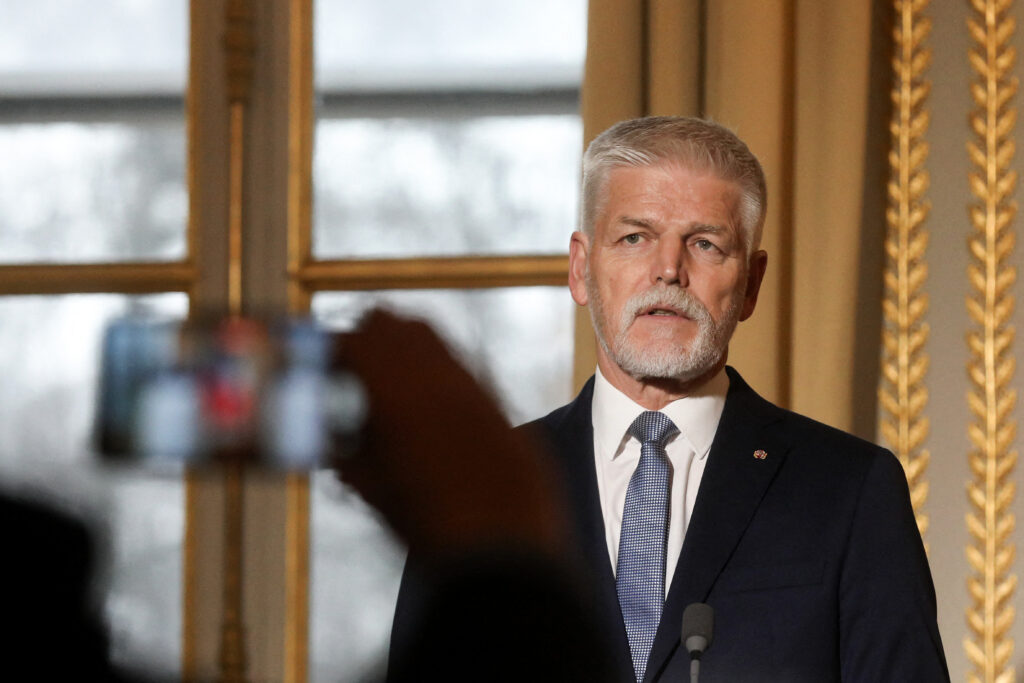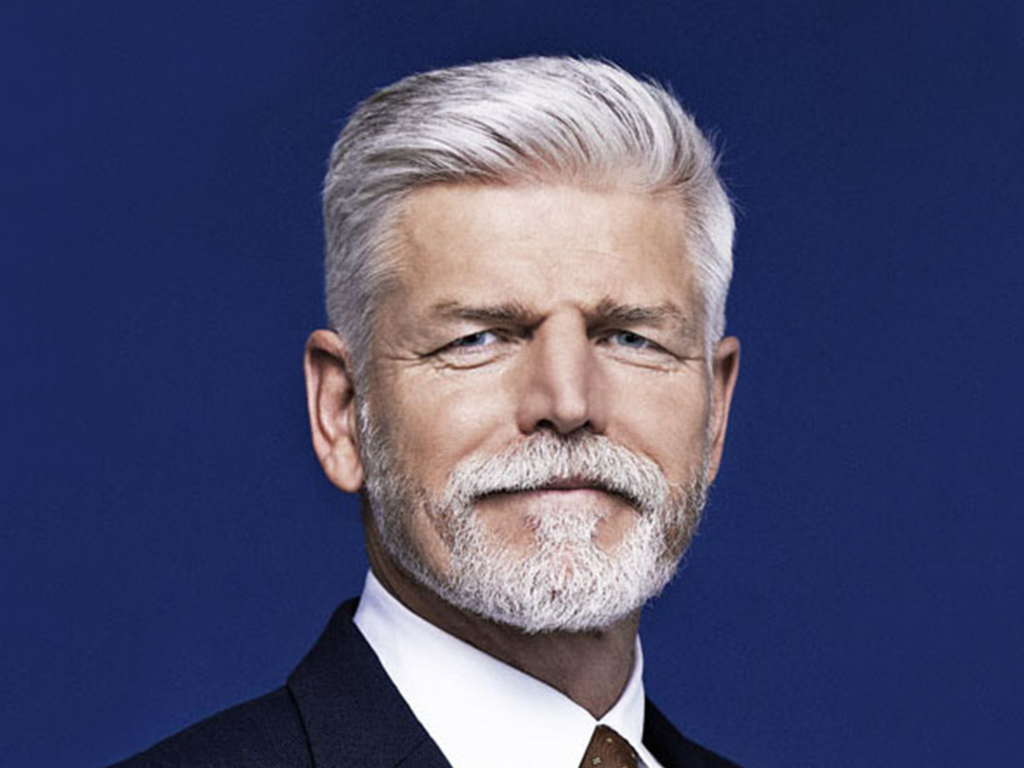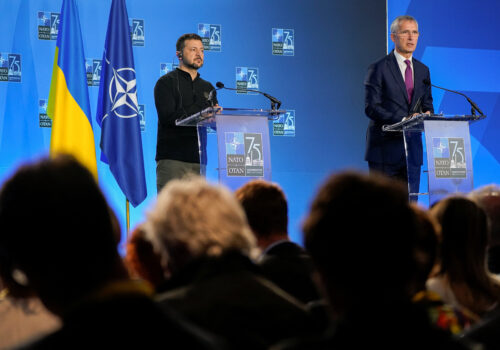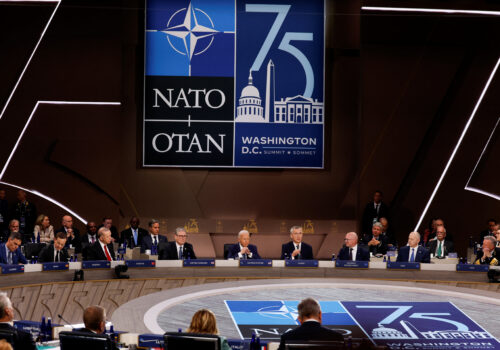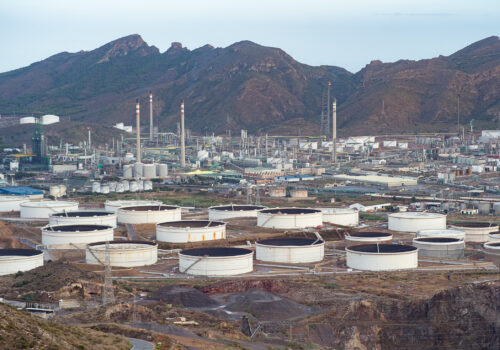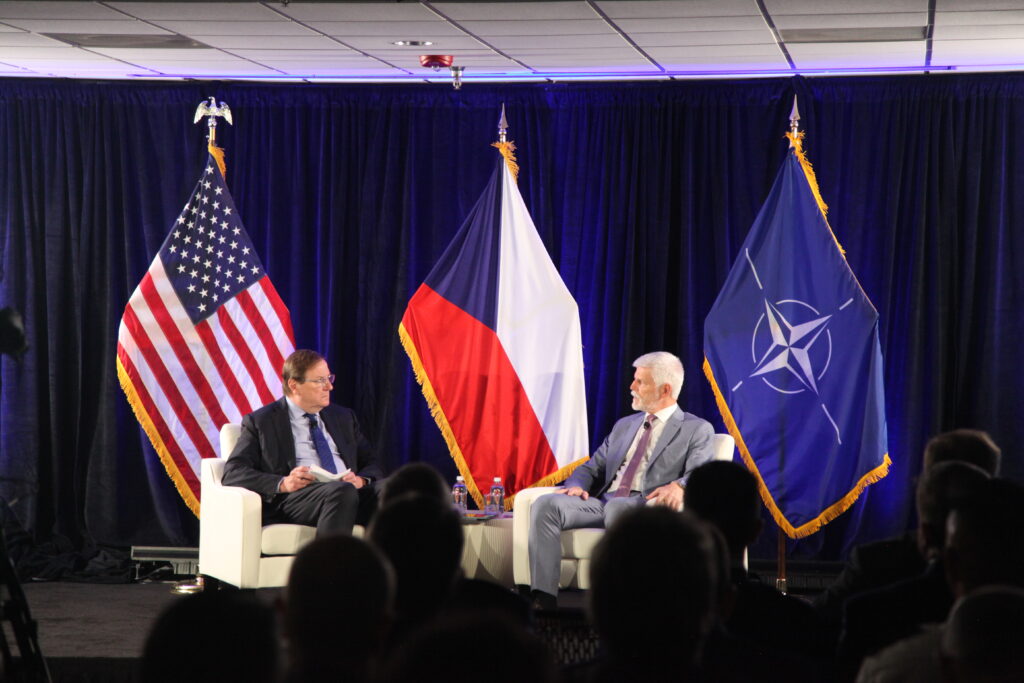
Czech president: Don’t expect a ‘significant breakthrough’ in the war in Ukraine for the ‘foreseeable future’
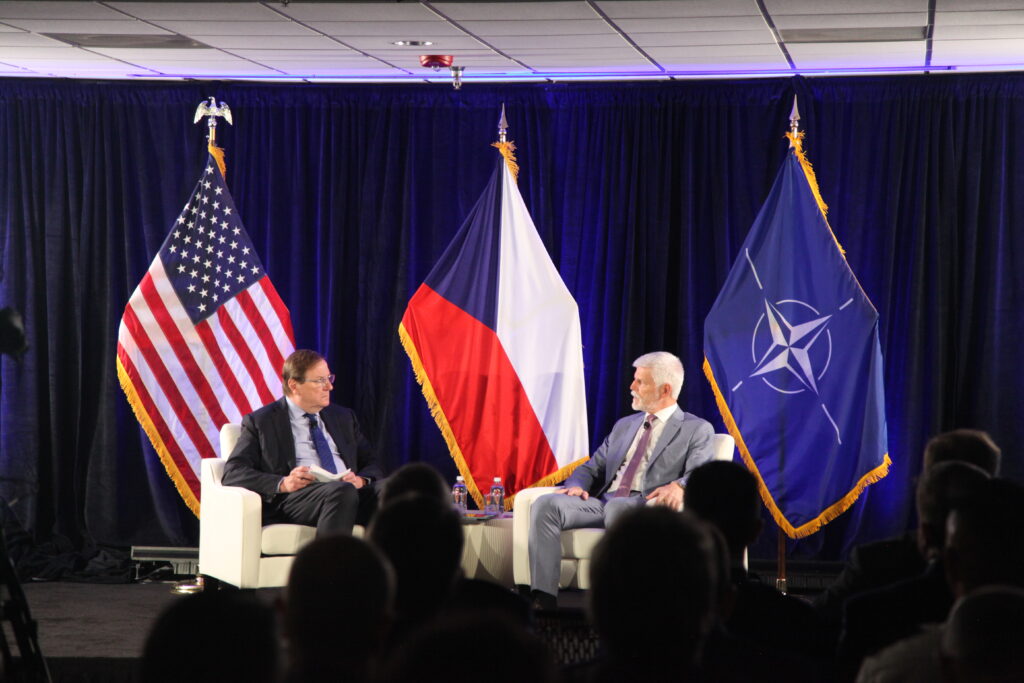
Watch the event
The support required to allow Ukrainians to fully reclaim their territory is “not realistic at this time,” Czech President Petr Pavel argued on Friday.
Pavel portrayed this sobering reality at an Atlantic Council Front Page event in Houston, Texas, following NATO’s Washington summit, where allies agreed to a “bridge” to membership in the Alliance for Ukraine.
“In the foreseeable future, we cannot expect any significant breakthrough on the front line,” he argued, later clarifying that if Ukraine holds the line and Russia doesn’t achieve any major successes, breakthroughs could happen late this year or early next. “We have to have in mind who is the opponent, and Russia definitely has much greater resources . . . than Ukraine.”
Following the NATO Summit, the Czech president said he was “positively surprised” by the Alliance’s response to Ukraine’s needs, with allies reaching bilateral security agreements with Ukraine and committing to send more financial and military support. “I believe that even [Ukrainian President Volodymyr Zelenskyy] was assured, even though he didn’t receive an invitation to the Alliance.”
As for when that invitation might be extended, Pavel said Ukraine’s military already works “seamlessly” with NATO in a number of areas—but the war is an “obstacle.” “Once we have a ceasefire, once we start negotiating peace, then we should also, in parallel, proceed with the integration,” he said.
Below are more highlights from the conversation, moderated by Atlantic Council President and Chief Executive Officer Frederick Kempe, which touched upon the Czech Republic’s support for Ukraine, approach toward China, and hopes for European autonomy.
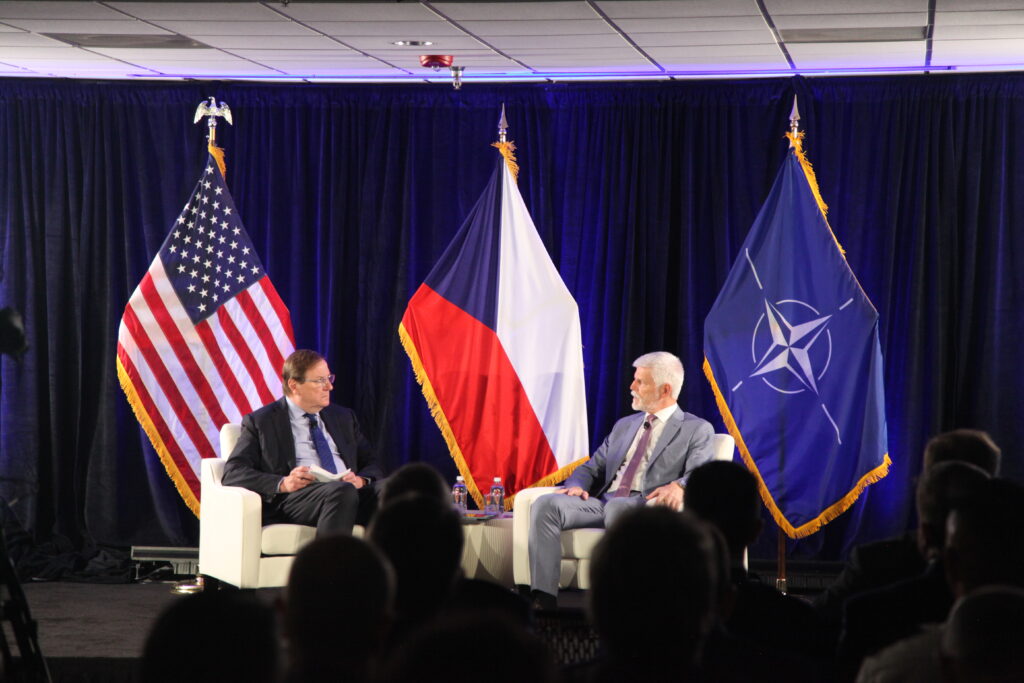
Holding the line
- Pavel argued that Ukraine’s partners should strive at this moment to “convince” Russia that it “cannot achieve any significant successes on the battlefield.” That, he said, would “bring them to the negotiating table.”
- “And then once the negotiation starts . . . our position shouldn’t be to legalize occupied territories as Russian,” he clarified, “but rather declare them as temporarily occupied territories.”
- “To achieve that, we have to equip Ukraine with all they need to really hold the line,” he said.
- The Czech Republic took a “special forces approach” to support Ukraine, the president explained: “Act first, ask questions later,” he said. Low on stocks of artillery to send to Ukraine, Prague instead has located artillery in other countries and pooled funds from NATO allies to purchase rounds for Ukraine.
- “We have financial cover for about half of a million rounds,” he said, adding that “it will fully cover Ukrainian need” and even fill reserves. He said that he is looking to expand the model to other forms of equipment.
Unity on China
- Allies should concurrently work to convey to China that “it’s not in their interest to be so closely aligned with Russia,” Pavel said.
- With four Indo-Pacific partner countries having attended the NATO Summit, Pavel explained that allies need to be “concerned” about security in that region because Euro-Atlantic security “cannot be separated” from security in the Indo-Pacific and elsewhere.
- A Russian victory “would [embolden] China and make it more assertive,” he said, adding that the Indo-Pacific countries and NATO “are together in this global security environment,” because they share the same values.
- Pavel said that while China is in many ways a “superpower,” it is also somewhat “dependent” on the “democratic world,” for example for trade. But the West doesn’t have “a common policy towards China,” the president said, warning that China is using that to divide the West “for its own benefit.”
Friendly autonomy
- Pavel said that while European countries including the Czech Republic have reduced their dependency on Russian oil and gas, there is “still room for more coordination.” This summer, the Czech Republic and Germany began to push the European Union (EU) to hold talks on how to officially end imports of energy from Russia.
- With US elections approaching, and the possibility of another Donald Trump presidency raising concern about the US role in transatlantic defense, some European members of NATO have argued that they need to reduce their military reliance on the United States. The EU “loves the word autonomous” in defense, the economy, energy, and more, Pavel said. “But whenever Europe gets into trouble, we look over the ocean.”
- Ideas such as creating an EU army, Pavel argued, “don’t make sense” because such efforts would “duplicate what already exists.” Rather, European countries should “work with what we have,” he said, by reinforcing the European pillar of NATO.
- This effort to reduce military reliance shouldn’t be “aimed against” the United States but rather should be seen as building “along with” the United States, he said. “The United States will need an equal partner in Europe, not a dependent child.”
Katherine Walla is the associate director of editorial at the Atlantic Council.
Watch the full event
Further reading
Fri, Jul 12, 2024
Experts react: What the NATO Summit did (and did not) deliver for Ukraine
New Atlanticist By Atlantic Council experts
From an “irreversible” membership path to news about F-16s and air defense systems, Atlantic Council experts explain what the NATO Summit in Washington meant for Ukraine.
Wed, Jul 10, 2024
Our experts read between the lines of NATO’s Washington summit communiqué
New Atlanticist By Atlantic Council experts
Atlantic Council experts offer their insights on NATO’s Washington Summit Declaration, released on Wednesday during the Alliance’s seventy-fifth-anniversary meeting in the US capital.
Mon, Jul 8, 2024
Why the EU needs US liquefied natural gas
Issue Brief By John M. Roberts, Ariel Cohen
Europe is facing tough choices as it confronts Russia’s unexpected reentry into European gas markets. In this issue brief, the authors argue that Europe will need gas imports from non-Russian sources such as the United States for many years to come.
Image: President Emmanuel Macron receives his Czech counterpart Petr Pavel for a working lunch at the Elysee Palace in Paris, December 20, 2023. Photo by Stephane Lemouton/Pool/ABACAPRESS.COM
